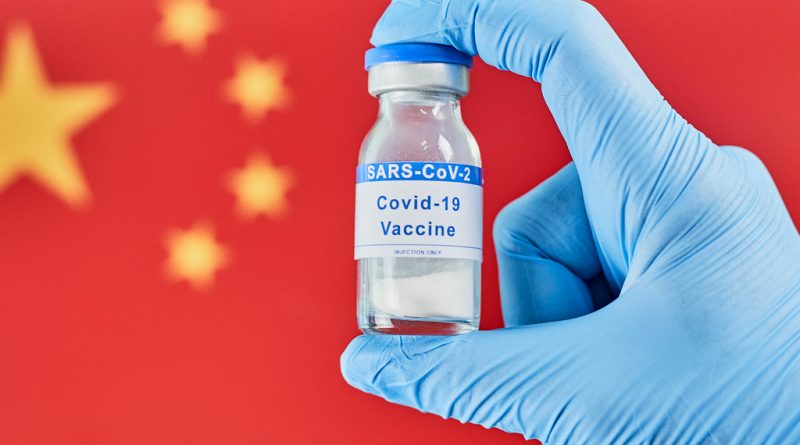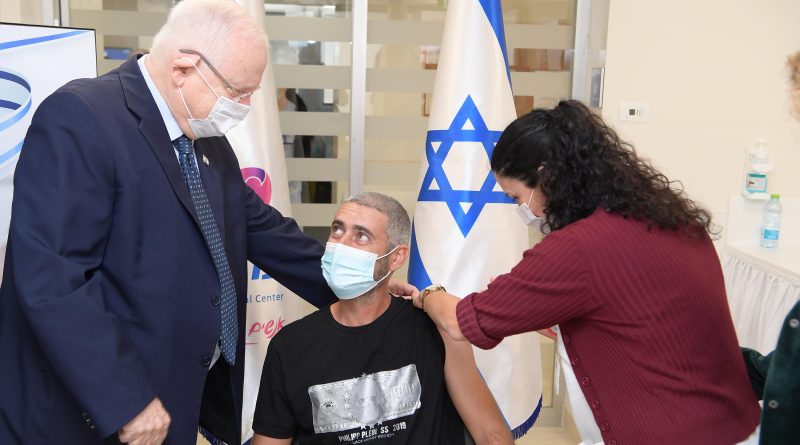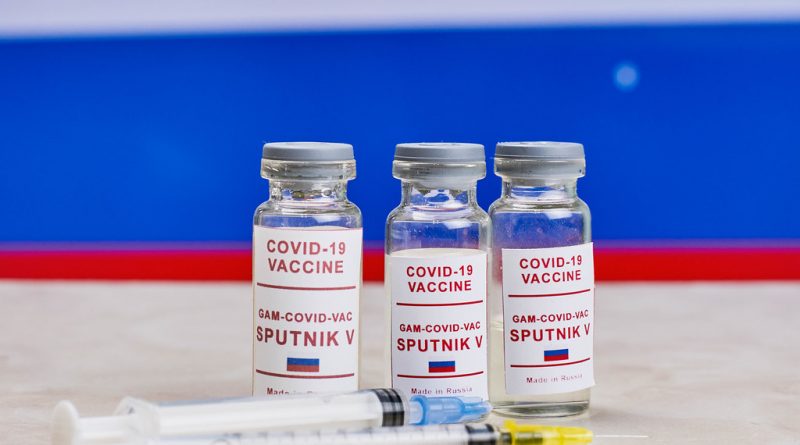FOCUS on Vaccine Diplomacy: China
Over a year after the world first felt the effects of the COVID-19 pandemic, countless vaccines have been produced at record speed. Vaccine diplomacy, the practice of using shots to enhance a country’s regional ties and global status, provide nations like China the opportunity to flex their diplomatic muscles by using resources and development to their advantage. If vaccine diplomacy is a competition, then China is winning.
Read More


